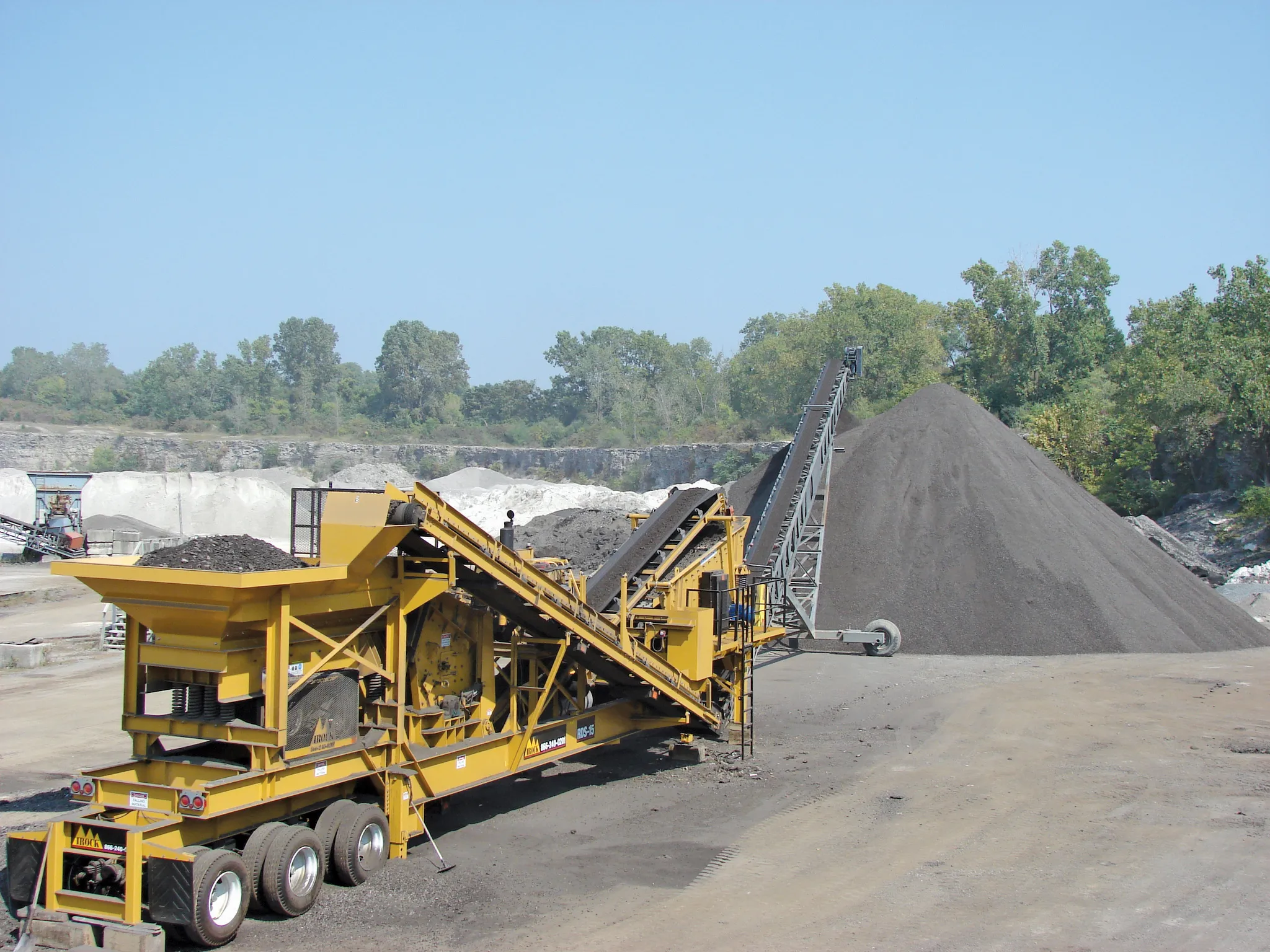Moreover, internal breakwater bulkheads guarantee more stability, according to the company that manufactures tanks and advanced fuel solutions for the safe storage, transport, management and supply of fuels and liquids.
Carrytanks are polyethylene units for the transport and delivery of diesel fuel and AdBlue/Def and are available in different capacities. The range includes 330litre and 440litre capacity units.
There is also a special 400+50 version that serves two purposes: most of the space is given to diesel fuel, 400litres, while AdBlue is contained in a 50litre removable tank.
The company said that the features that have marked out the range as versatile remain unchanged. These include not only their compactness and lightness, but also an automatic transfer nozzle, filling plug and air vent device.
Last year Emiliana Serbatoi celebrated its 35th anniversary by opening a 4,000m² warehouse at the side of the company’s headquarters in Campogalliano, close to Modena.
Carry on with Carrytanks from Emiliana Serbatoi
Mobile fuel tank manufacturer Emiliana Serbatoi, based in Italy, says it has redesigned the best-selling Carrytank models to better fit the bed of pickup trucks. The tank’s hips have been modified and the bases have been narrowed to allow for easier and safer installation between the wheel arches of pickup’s rear bed.
Moreover, internal breakwater bulkheads guarantee more stability, according to the company that manufactures tanks and advanced fuel solutions for the safe storage, transport, management an
August 14, 2019
Read time: 2 mins
Mobile fuel tank manufacturer Emiliana Serbatoi, based in Italy, says it has redesigned the best-selling Carrytank models to better fit the bed of pickup trucks. The tank’s hips have been modified and the bases have been narrowed to allow for easier and safer installation between the wheel arches of pickup’s rear bed.









